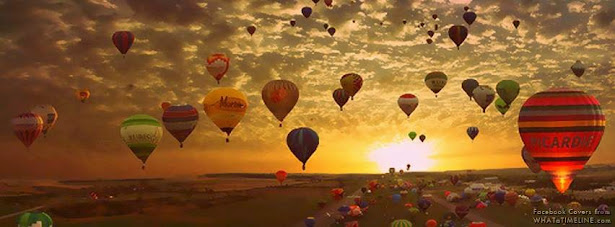ROMANTICISM PERIOD
Romantics was a philosophical and artistic movement with profound social implications that developed primarily in European and American literatures according to their linguistic, cultural and historical variables. The beginning and ending dates for this literary period are flexible. Moreover, the Romantic period covers the period between Jacksonian democracy to the end of the Civil War. Romanticism emerged in Western Europe in the late eighteenth century at variance with the hegemony of instrumental reason of the Enlightenment and is depleted by 1850 challenged by the new aesthetic of realism. This was a period of significant westward expansion, as well as one of significant political turmoil, particularly as the conflict over slavery came to a boil. The founder of literary Romanticism was the German philosopher Friedrich Schlegel (1772-1829), who proposed the infinity of personal feeling, nontransferable and often incommunicable, as the space where poetry is forged: evolutionary phenomenon, always unfinished, as opposed to the model neoclassical. This was raised in the inaugural text of Romanticism in 1798, published in the journal Athenaeum. Besides Ralph Waldo Emerson is considered to be a founding writer and philosopher within the American Romantic Movement, Emerson is possibly best known for his essays, from which emerge the grounding notions of Transcendentalism.
This period was the first major explosion of a distinctly American body of literature; for this reason, this period is also referred to as the American Renaissance. Schlegel F. (1799-1800) in his work called Dialogue on Poetry and Literary Aphorisms, proposed “through artists mankind becomes an individual, in that they unite the past and the future in the present. They are the higher organ of the soul, where the life spirits of entire external mankind meet and in which inner mankind first acts”. From another point of view, it is a cultural revolution, the expression of the sensitivity of a new society in the growing conflict between the rising bourgeoisie and the emergence of new subjects and classes, as the proletariat. Utopian socialism is romantic connection. Sometimes, it is also an alarm reaction against modern scientism and industrialism as seen in the novel Frankenstein (1818) by English writer Mary Shelley.
Romanticism is irrelevant to the forms, dynamic and historicism, but also providential and traditionalist. For all this, without losing sight of the universal, defends local and national differences, highlighting the genius individually or in the specific provisions of peoples. The literary forms were grown by the Romantic poetry, drama, without respecting the classical unities-the historical novel, diary, memories, confessions and travel writing. Even though many writers attacked romanticism Schlegel (1797) proposed in one of his works that poetry can be criticized only through poetry. A critique which itself is not a work of art, either in content as representation of the necessary impression in the process of creation, or through its attractive form and in its liberal tone in the spirit of the old Roman satire, has no right of citizenship in the realm of art.
Readership augmented significantly and the 1850s saw a number of immensely popular novels. An example of the writers who increase their number of readers was Edgar Allan Poe, who developed fiercely original work, refining the short story genre, establishing detective fiction, and prefiguring the genres of science fiction, horror, and fantasy. Poe’s work often explores questions of human being psychology, but can certainly be read to gesture to a sort of cultural psyche, a particular American unconscious. Romanticism emphasizes the whole thing that was not seen before such as feelings and emotions, so now the heart governs over the head; natural places began to be a point of inspiration for both poems and paintings, the supernatural began to have their space and mode of expression. No other period in English literature displays more diversity in style, theme, and content than the Romantic
Finally, the disagreement with the world is at the core of Romanticism. The romantic is an eternal discontent channel. Also, as the Romantics did not accept a world ordered according to the laws of reason and science, refused to accept his moral standards. The heroes of romantic literature are rebellious men who aspire to absolute moral freedom. The literature extols the bandits, pirates, prisoners, beggars, prostitutes, living on the margins of society and its laws. For this reasons I do not feel identified with this literary movement
REFERENCES
MyLiteratureLab Pearson (1995-2010) Romantic Period. Retrived May 28, 2013 from http://wps.pearsoncustom.com/pcp_mylitlab_1_master/37/9657/2472208. cw/index.html
SCHLEGEL F. (1968) Dialogue on Poetry and Literary Aphorisms. Pennsylvania University Press. (p. 64)


0 comentarios:
Publicar un comentario